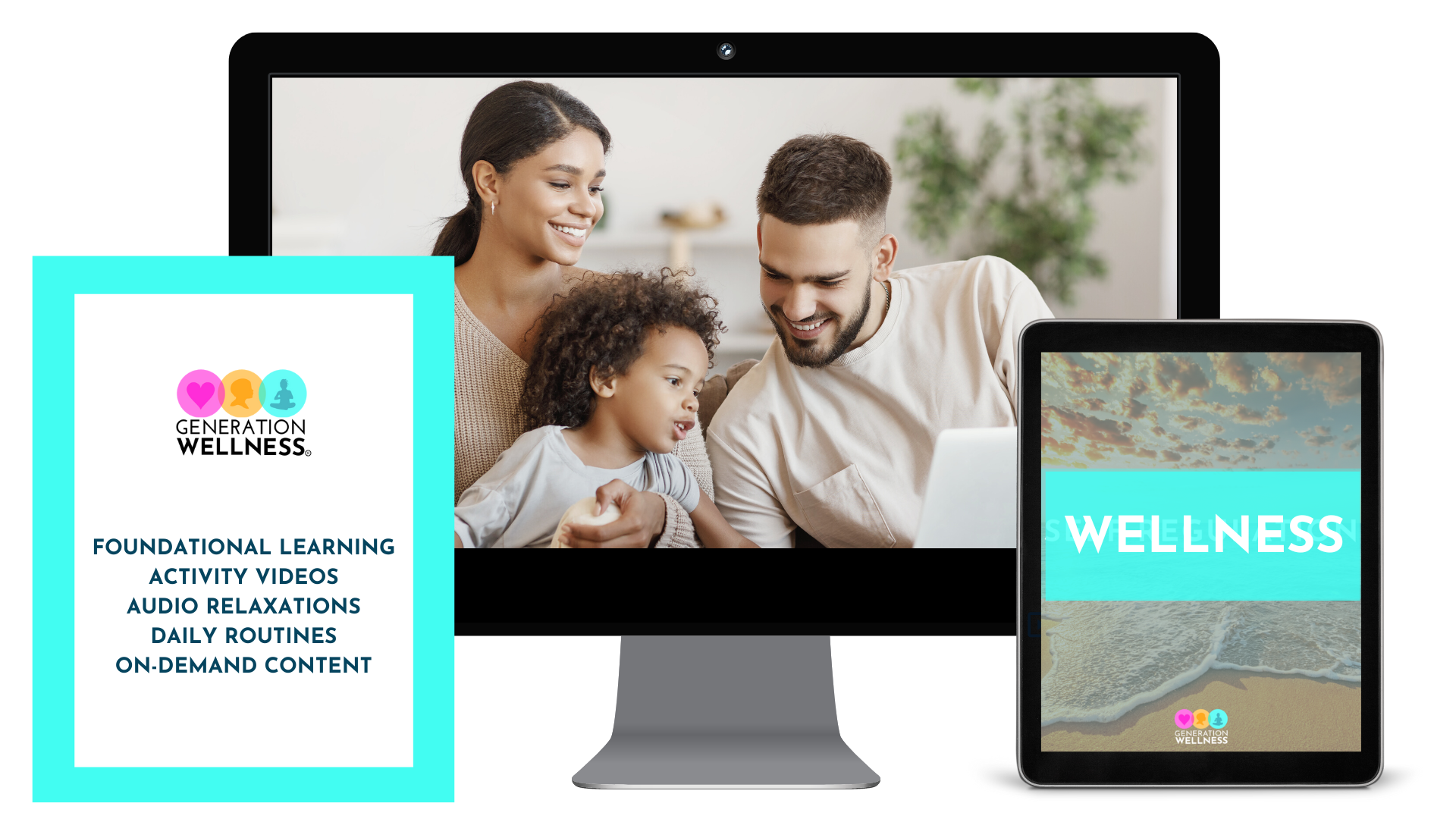[Article] Social-Emotional Learning Has Long-Lasting Positive Effects on Students

[Source: Education Week]
Programs that teach students how to recognize their emotions, solve problems, and form healthy relationships may continue to show positive benefits for students months, or even years, after they complete them, a new meta-analysis finds.
Students who completed social-emotional learning interventions fared better than their peers who didn't participate on a variety of indicators—including academic performance, social skills, and avoiding negative behaviors like drug use, finds the analysis, which examined follow-up data from dozens of published studies on specific interventions.
The meta-analysis builds on previous research that found social-emotional learning participants outperformed their peers academically. That research is frequently cited by policymakers and educational leaders who are seeking to promote social-emotional learning programs, through which schools teach students about emotions, relationships, and conflict resolution alongside traditional academic subjects like math.
The report, published in the journal Child Development, was completed by researchers from the Collaborative for Academic, Social and Emotional Learning, or CASEL, Loyola University, the University of Illinois at Chicago, and the University of British Columbia. It was funded in part by the NoVo Foundation, which also supports Education Week's coverage of social-emotional learning.
"This study further solidifies the already powerful case for action—for a significant shift in how we think about education and the urgency of scaling evidence-based programs that unite head and heart," CASEL Chair Tim Shriver said in a statement. Shriver is also co-chair of the Aspen Institute's National Commission on Academic, Social, and Emotional Development, which is working with educators and researchers to set an agenda for advancing social-emotional learning and similar approaches in schools.
CLICK HERE TO READ FULL ARTICLE
WE'RE HERE TO SUPPORT YOU
Questions about our online courses, online toolkits, or live trainings?








